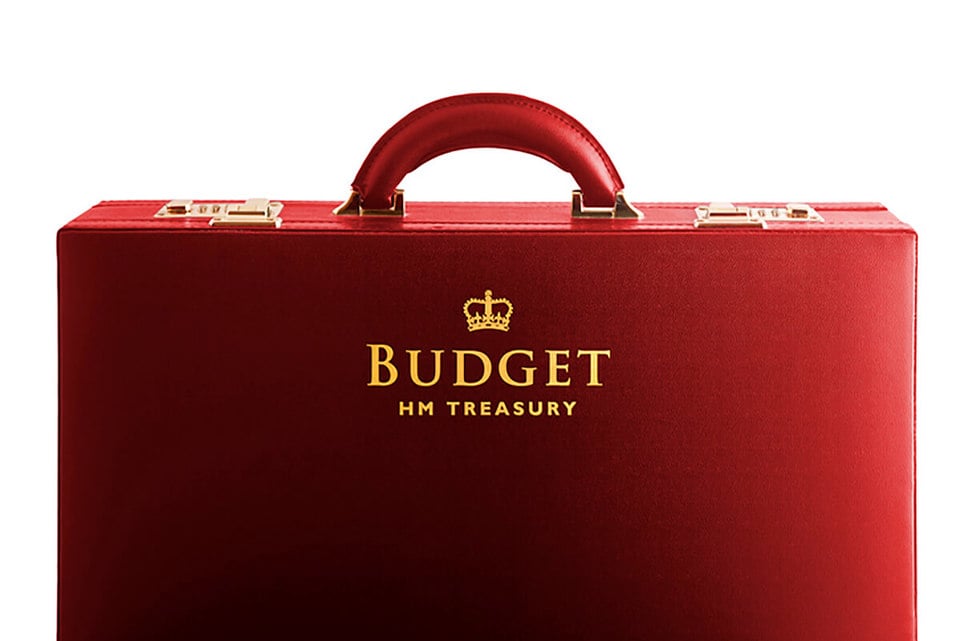A string of measures have been called for by ACFO, the fleet operator association, in the 2014 Budget.
ACFO director and former chairman Julie Jenner has met HM Revenue and Customs’ officials in the latest of their regular meetings and ‘lodged’ the organisation’s Budget ‘wish list’.
Following the meeting Jenner said: “Officials listened to what we had to say and took on board the importance for fleet decision-makers of long-term planning.
“All too frequently the Government makes announcements which prove to be a knee-jerk reaction to an event. For fleet managers advance notification of measures is crucial so changes in fleet strategy can be accommodated while continuing to ensure that business efficiency is maintained.”
ACFO is hoping that the Budget announcements will include:
- Company car benefit-in-kind tax rates for 2017/18 and thus returning to the four-year cycle of advance notification of thresholds as those for 2014/15, 2015/16 and 2016/17 are already known.
- Confirmation of the Government’s 2013 Autumn Statement announcement of no fuel duty increases ahead of the expected May 2015 general election.
- Clarification on Advisory Fuel Rates and Approved Mileage Allowance Payments in relation to electric vehicles.
- Encouragement for the further take-up of ultra low emission vehicles by fleets and company car drivers through the Government’s Plug-In Car Grant scheme, by announcing that benefit-in-kind tax should be calculated according to the list price of the model minus the £5,000 grant.
- A reconsideration of the rise in benefit-in-kind tax on electric vehicles scheduled for April 2015.
Jenner said: “With the economy on the road to recovery and a general election looming next year we do not anticipate any Budget announcements that will significantly change the management of fleet operations.
“However, it is critical that fleet managers and company car drivers have the ability to calculate what their benefit-in-kind tax bills will be on at least a four-year cycle. We certainly hope that Chancellor of the Exchequer George Osborne will confirm tax rates for 2017/18 and maybe even 2018/19 with company car replacement cycles increasingly extending into a fourth and occasionally a fifth year.”
Commenting on fleet demand for electric vehicles, Jenner said: “Traditionally, the fleet industry has proved to be early adopters of new vehicle technology, particularly when applied to cutting emissions.
“However, ACFO continues to believe that electric vehicle adoption remains limited to niche fleet applications for many reasons, not least the high list price of cars.
“The Government could help to make electric cars more attractive to businesses and company car drivers by ensuring that benefit-in-kind tax, currently at 0% but due to rise to 5% in 2015/16 and 7% in 2016/17, is paid on the list price of the car minus the £5,000 grant.
“We also remain concerned that the Government is significantly increasing benefit-in-kind tax bills on electric vehicles from April 2015 and would urge that rates are reconsidered and lowered to further encourage company car uptake.
“We also need some clarification on the long-term future of the Plug-In Car and Van Grant scheme. The Government has announced its intention to provide £500 million to support the uptake of low emissions vehicles between 2015 and 2020, but we are unsure of how that money will be spent.
“ACFO has responded to the Office for Low Emission Vehicles’ recent call for evidence on how that cash could be best used. We look forward to clarification as soon as possible and, perhaps an indication in the forthcoming Budget.
“Additionally, ACFO remains concerned that HMRC has still not issued any clear guidance on mileage reimbursement rates relating to electric vehicles whether as a company car or a privately-owned vehicle driven on company business.
“It is an issue that ACFO has asked HMRC officials to clarify at our regular meetings and it remains of concern to our members. Without clarification it is, we believe, another issue that holds back fleets from potentially utilising electric vehicles.”

















Login to comment
Comments
No comments have been made yet.